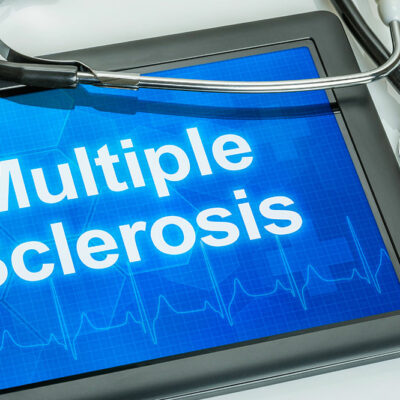
Ways to Diagnose and Treat Nasal Polyps
Nasal polyps are extra growths of tissues on the linings of the nasal cavity or the sinuses, and these keep triggering symptoms of cold like runny nose, congestion, sneezes, and stuffy nose. Though not dangerous, these polyps can definitely be irritating. Here are ways to diagnose and treat nasal polyps.
Diagnosing nasal polyps
1. Nasal endoscopy
This is the simplest way to diagnose a polyp in the nasal cavity. An endoscope with a light source at the end is sent through the nasal passage and the camera helps see the passage. Most of the polyps can be identified this way.
2. CT scan
If at times, an endoscopy cannot identify the excess growth, then your doctor may ask you to get a CT scan done. A CT scan uses X-rays to capture the insides of the nasal cavity and the sinuses. Minute nasal polyps can also be identified this way.
3. MRI scan
If the polyp is very deep inside or is hidden by other layers of tissues, then an MRI scan gives a better and more precise view of the growth.
4. Allergy and blood tests
Sometimes, your doctor may suspect your symptoms to be because of a combination of polyps and general allergies. In that case, you may be asked to get additional blood and allergy tests done too for proper diagnosis.
Treating nasal polyps
1. Nasal sprays
The most basic treatment option for nasal polyps is a nasal spray that contains corticosteroids. This spray will help bring down inflammation in the polyps and help them shrink. This automatically improves the symptoms.
2. Oral corticosteroids
If the nasal steroids don’t work or if the polyp is too big for them to be effective, oral corticosteroids are prescribed. These are stronger and more effective. Since steroids cause side effects, such oral pills are only to be used for a limited period of time.
3. Antibiotics and antihistamines
Antibiotics and antihistamines are often prescribed as a part of the treatment process to help handle the symptoms like inflammation, runny nose, postnasal drip, and congestion. These reduce the intensity of the problem and make the treatment more effective.
4. Surgery
For really large polyps that cannot be treated with just medications and sprays, doctors may suggest surgery. In an endoscopic surgery, doctors insert an endoscope into the nasal passage and identify the polyp, and then cut and remove it. This is a risk-free outpatient surgery and can be done very quickly.
Make a note of all these diagnoses and treatment processes for nasal polyps and talk to your doctor about the right process for you. Polyps, when left untreated, can bring down your quality of life and keep you up with allergy and cold-like symptoms all through the year. Treating it provides permanent relief.


